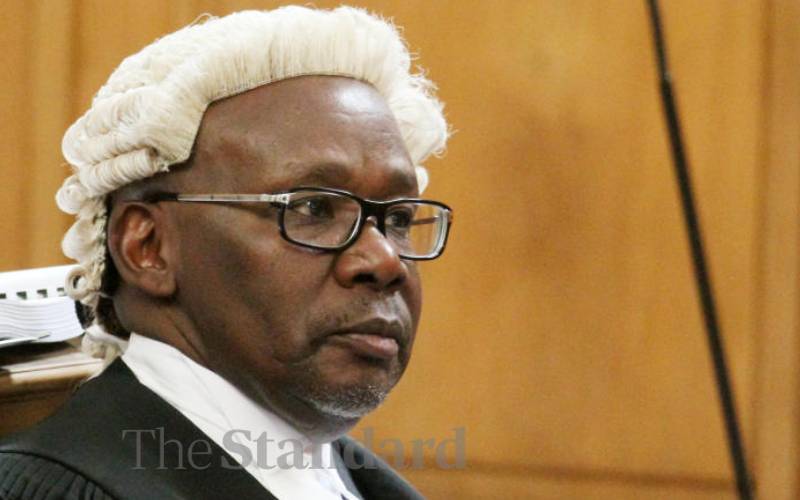×
The Standard e-Paper
Fearless, Trusted News

Former Attorney General Professor Githu Muigai. [Boniface Okendo, Standard]
Former Attorney General Professor Githu Muigai has called out the Judiciary for erratic judicial jurisprudence.